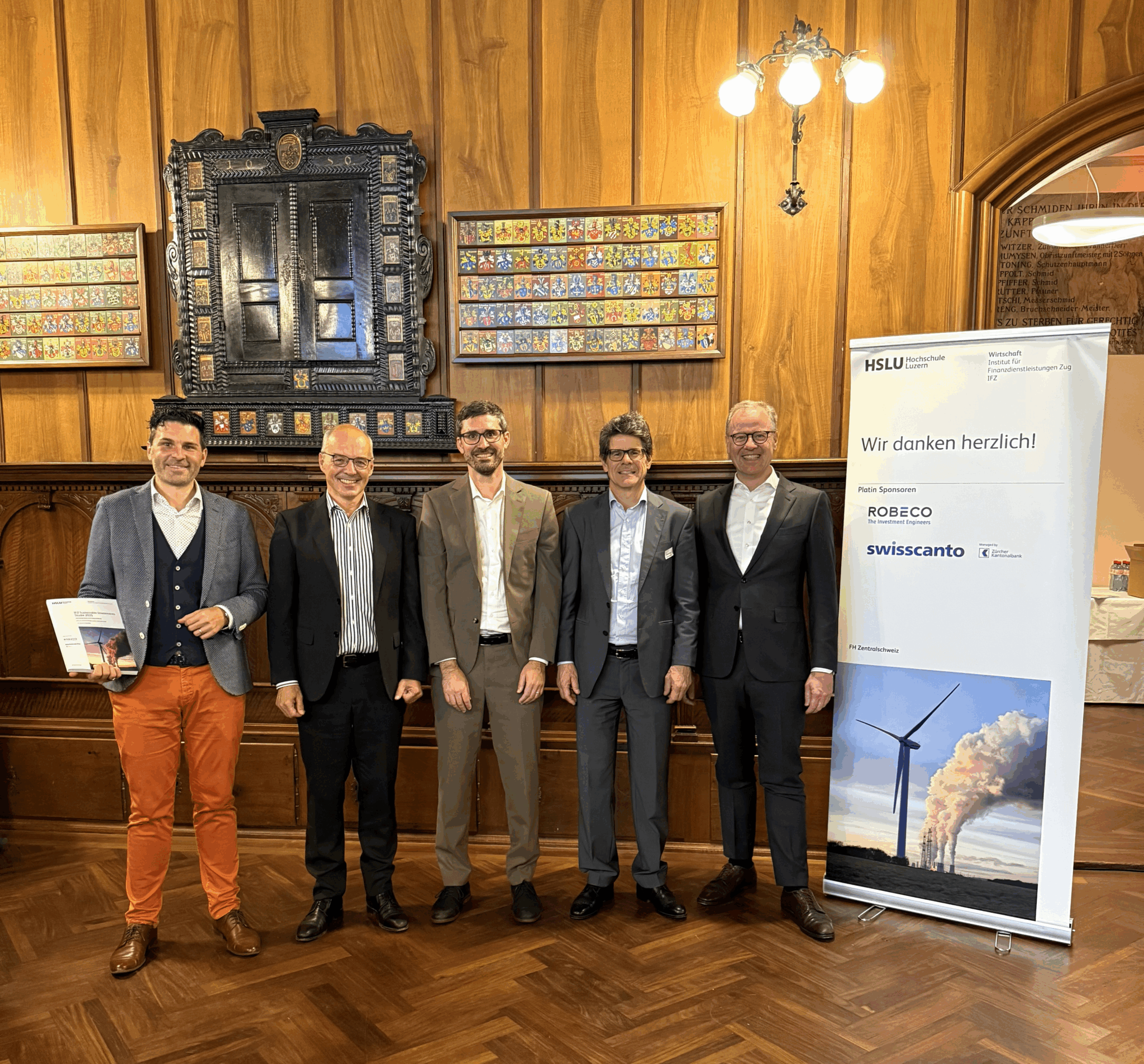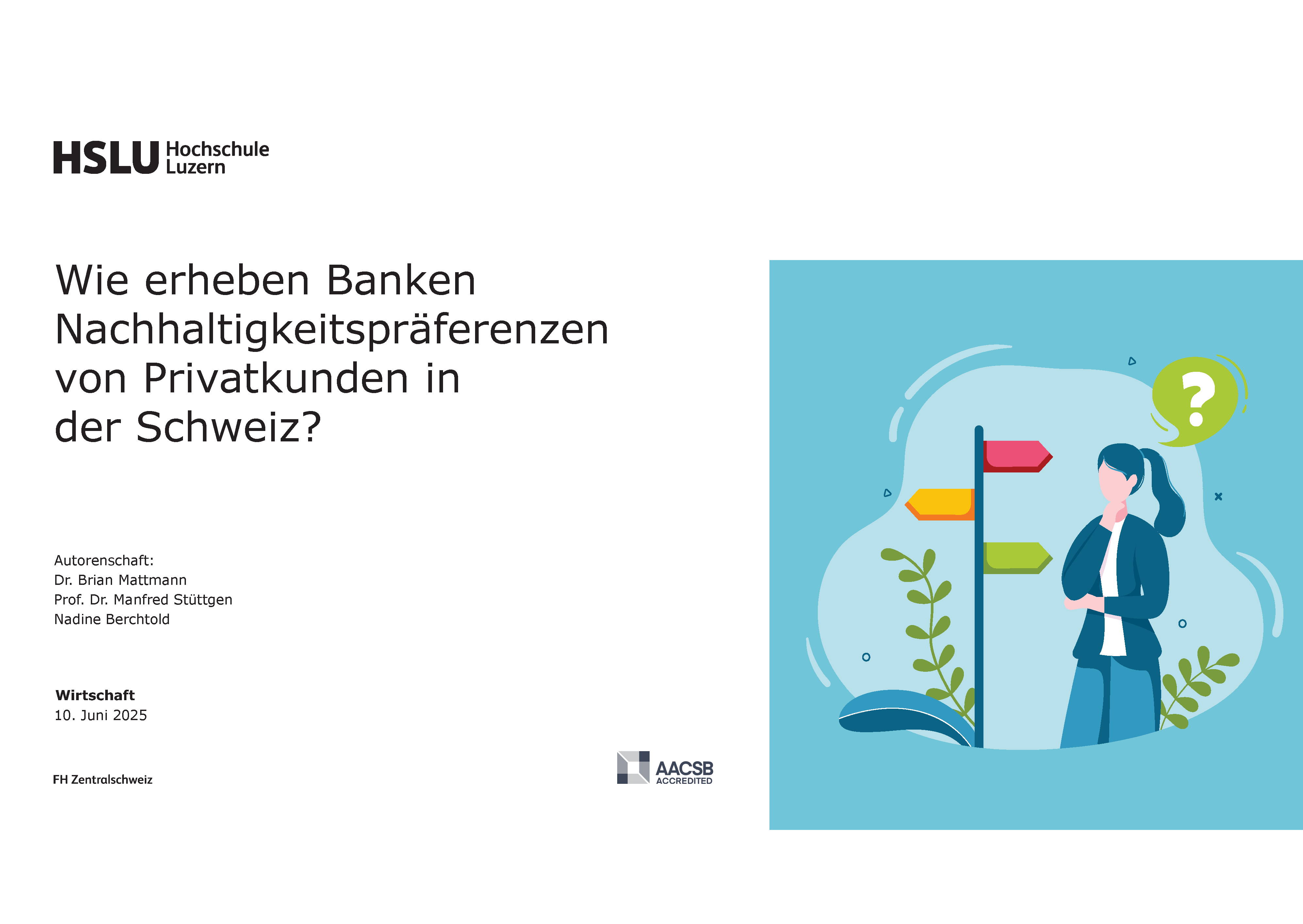12. Mai 2023
Swiss Independent Wealth Managers with Mixed Views on Sustainable Investments
Sustainable investments are growing at a rapid pace. Swiss independent wealth managers, however, are split on whether to include sustainability criteria in their investment processes. Some barriers to sustainable investing are perceived to be particularly high as our latest study, the «VSV-ASG Investment Pulse 2023», shows.

The full report can be downloaded here.
Authors: Manfred Stüttgen/Nadine Berchtold
Independent wealth managers are increasingly polarized with regard to sustainable investments
Our recent survey of Swiss independent wealth managers’ investment behavior shows that a quarter of them do include sustainability criteria in their investment processes by default. This share has increased since 2022 when only 20 percent had always included ESG criteria. Surprisingly, the share of wealth managers who say that they do not include ESG criteria in their investment process has also increased at the same time: from 25 per cent in 2022 to 32 per cent in 2023. In other words: independent wealth managers are increasingly polarized when it comes to sustainable investments.
However, large wealth managers (AuM > CHF 200 million) more frequently include sustainability criteria than small wealth managers (AuM < CHF 199 million). 28 percent of large wealth managers always include ESG criteria, compared to 22 percent of small wealth managers. This trend may change in the future as sustainable investing becomes more mainstream. However, many independent asset managers still see high barriers for sustainable investments.
Two key barriers to sustainable investments
All wealth managers perceive the lack of data and standards, as well as an unsatisfactory risk-return profile to be key barriers to sustainable investing. Interestingly, those wealth managers who do not include ESG criteria and those wealth managers who do always include ESG criteria (see dark green bars vs. red bars in Figure 2), often agree on the overall importance of the five barriers mentioned for sustainable investments. The biggest difference in these two segments can be observed in their assessment of the risk-return profile of sustainable investments: those wealth managers who do not include ESG criteria in their investment process are somewhat more sceptical than those who do always include ESG criteria.
Conclusion
Sustainable investing is gaining momentum with Swiss independent wealth managers. However, to date, bigger wealth managers tend to adopt ESG approaches more frequently than smaller ones. A different endowment with resources might be one reason for this polarization. A second reason might be that selected barriers to implementation are perceived to be high: particularly a lack of data and standards and the expected risk-return profile of ESG investments.



Kommentare
0 Kommentare
Danke für Ihren Kommentar, wir prüfen dies gerne.